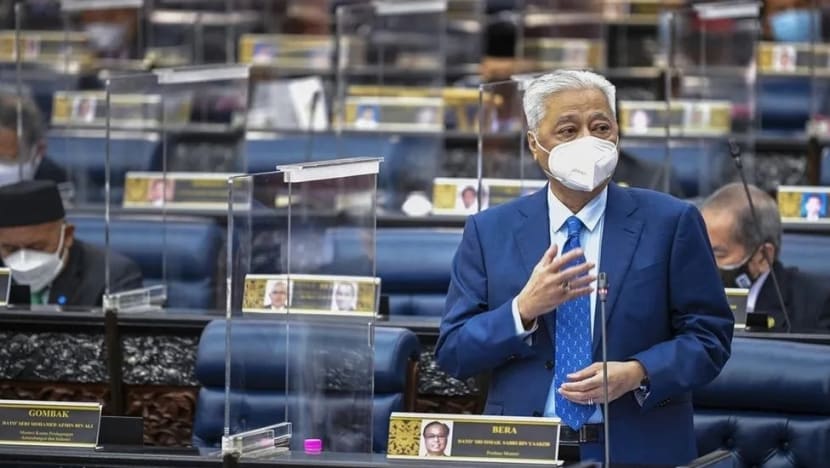Malaysia PM launches national development plan, institute to make country a vaccine hub

Malaysian Prime Minister Ismail Sabri Yaakob. (File photo: Bernama)
BANGI, Selangor: Malaysia Prime Minister Ismail Sabri Yaakob launched on Monday (Nov 1) a national development plan and institute as part of efforts to turn the country into a hub for vaccine production and boost confidence in vaccine use.
Three projects, including two COVID-19 vaccines, are currently ready to be undertaken through the National Vaccine Development Roadmap (PPVN), he said.
While research and development and vaccine production require heavy investment, they also have the potential to bring long-term returns in the form of cost savings in treating diseases and investments by multinational companies in Malaysia, said Mr Ismail Sabri at the launch ceremony at the Malaysian Genome and Vaccine Institute (MGVI).
The roadmap and institute will help Malaysia produce its own vaccines that are of quality, effective and safe, he added.
“Through the implementation of PPVN and establishment of MGVI, highly skilled human capital in various fields of research especially those related to healthcare and vaccines can be produced.”
This will create more job opportunities, help increase the number of skilled workers and enhance the standard of living and health of the people, he said.
THREE PROJECTS READY FOR IMPLEMENTATION
The national vaccine development roadmap will look at producing two types of COVID-19 vaccines developed by the Institute for Medical Research using inactivated virus and mRNA, as well as a therapeutic cancer vaccine for the treatment of head and neck cancer.
It will also look at developing a cholera vaccine.
Touching on the therapeutic cancer vaccine for head and neck cancer treatment, Mr Ismail Sabri said that as there is currently no facility in Malaysia to conduct the first human clinical trials, Cancer Research Malaysia will conduct the clinical trial from February 2022 until March 2023 in the United Kingdom.
"I am confident that the establishment of MGVI can have a positive impact on the country from the economic, social and technological aspects, thus contributing to economic stability because there is no dependence on external sources of supply," said Mr Ismail Sabri.
He said the government was committed to propelling R&D to produce new technologies by ensuring that 50 per cent of the government's research funds were provided for experimental development, especially for innovations with high potential for commercialisation.
Through various programmes implemented by the government, he said, the country expects to produce more vaccine scientists, thus supporting its plan to increase the ability to develop human-specific vaccines, not only for domestic use but also the global market.
He also expressed confidence that Malaysia could reduce its dependence on vaccine-producing countries.












